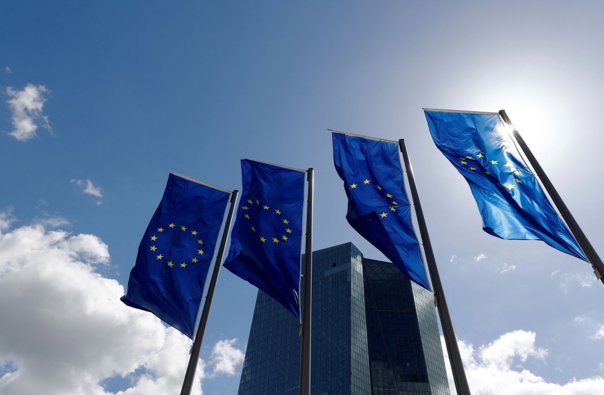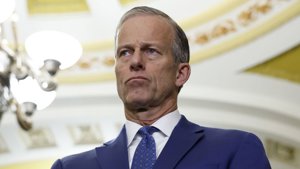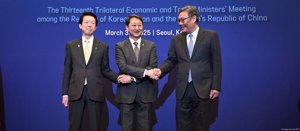
EU Open to LNG Talks, Not $350B Target
The European Union is open to negotiations on liquefied natural gas (LNG) imports from the United States, but it is not prepared to commit to President Donald Trump’s proposed target of $350 billion, according to European Commission energy spokesperson Anna-Kaisa Itkonen.
Speaking to reporters on Tuesday, Itkonen said the EU is “absolutely ready to discuss” LNG proposals put forward by the Trump administration, underscoring the bloc’s commitment to ensuring energy diversity and reducing dependency on any single supplier. However, she noted that agreeing to a specific monetary target is “very difficult.”
“Energy demand and prices vary significantly throughout the year,” Itkonen explained, adding that final decisions on energy contracts rest with individual EU member states, not the European Commission. This decentralized structure makes it challenging for the EU as a whole to commit to a unified purchasing agreement at such a large scale.
Her comments came in response to remarks made by President Trump on Monday, in which he claimed the EU has a $350 billion trade deficit with the United States. “And it’s gonna disappear fast,” Trump asserted. “One of the ways that that can disappear easily and quickly is they’re gonna have to buy our energy from us... We can knock off $350 billion in one week. They have to buy and commit to buy a like amount of energy.”
Trump’s proposal positions American energy exports as a key tool in narrowing the US-EU trade gap, but the EU’s response highlights the limitations of such an approach within the structure of the bloc. While Brussels supports increasing transatlantic energy cooperation, it remains cautious about imposing top-down targets or making sweeping financial commitments.
The development reflects the broader challenge of aligning US expectations with EU regulatory realities. As energy remains a strategic priority for both sides, ongoing dialogue is expected to continue, but Brussels will likely stick to its position that flexibility and member-state autonomy are non-negotiable principles in energy procurement.






